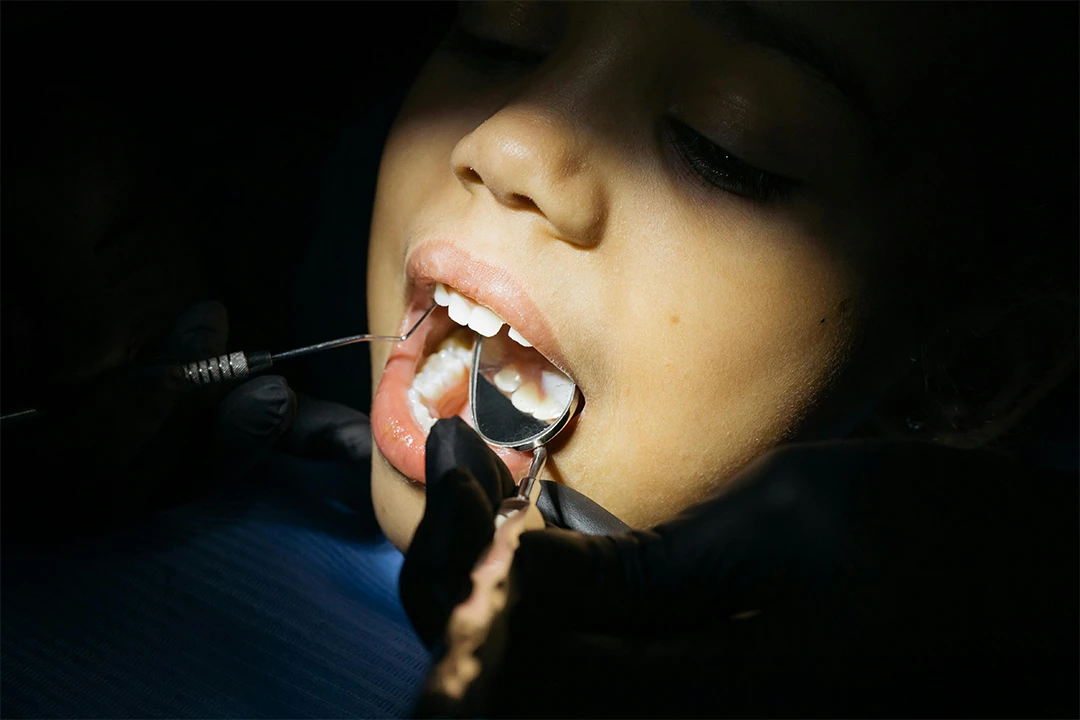
Dental insurance is a vital tool for maintaining oral health and managing dental care costs. Yet, many people fail to make the most of their coverage, leaving potential benefits and savings untapped. Whether routine cleaning or a more complex procedure, optimizing dental insurance can significantly reduce out-of-pocket expenses while ensuring access to quality care. If you’re searching for a dentist that accepts Medicare, understanding your insurance plan’s specifics is the first step toward achieving optimal dental health.
How to Understand Your Dental Insurance
To get the most out of your dental insurance, one crucial step must be taken first. Dental insurance is sometimes not like a standard health insurance, and understanding the details can save money. About most of the plans, treatments are grouped into preventive, essential, and significant services, and the coverage of each varies.
Most preventive services, such as cleaning sessions or check-ups, are fully covered. In contrast, basic procedures like fillings and extraction, among other minor procedures, are typically covered to a certain extent. For example, procedures like crowns or bridges may require more considerable out-of-pocket expenses. Make sure you know these differences to take advantage of preventive measures instead of spending a fortune on treatment.
Also, note the yearly limits—the amount of money your insurer will be willing to spend in a year on your treatments. For instance, if you expect to undergo serious tooth problems, it would be wise to have them done in a different year to avoid surpassing the coverage limits.
Planning and Scheduling for Maximum Benefits
Timing is critical when it comes to managing your dental insurance. Some plans run on a calendar year basis, and all these remaining benefits are not carried forward to the following year. That way, you won’t be left paying through the nose just to ensure you receive your desired care by year-end: Book your annual checkups and any other appointments required before the year ends. This way, you can take full advantage of your available coverage by coordinating with your dentist on an anticipatory basis regarding the necessary treatments.
One should consider doing this because many policies cover family members under the same plan. For instance, if your plan will cover orthodontic treatments, claiming this for the child’s braces can be a big money saver. In addition, if fillings or cleanings are planned at the beginning of the year, one can be more relaxed with other treatment needs that may come up later.
It also helps you prevent interruptions of preventive services since you are always aware of your next appointment. This means that, while using this general approach, it is often very costly to get a simple problem into a complicated one, hence needing more treatment than what could have been done if one had checked on the dentist as often as he or she should. So, by not missing appointments, you are also safeguarding your teeth and your pocket.
Choosing In-Network Providers
Selecting an in-network provider is also another way to optimize your dental insurance. Insurance providers bargain for lower prices for a list of dentists, so you are not forced to pay more out-of-pocket charges. While seeing out-of-network providers, such plans may have higher costs and much less coverage for similar procedures.
To get an in-network dentist, check with your insurance provider’s provider list or talk to your dentist. Specific insurance policies also provide means to approximate the costs of treatments according to the policies you are endowed with financially.
Making Use of Flexible Spending Accounts and Discounts
You are advised to use a Flexible Spending Account (FSA) or Health Savings Account (HSA) if your employer has provided them to help you pay for dental costs. These accounts are funded without tax, which means you incur fewer expenses for treatments not covered fully by insurance, such as those for beauty enhancement. Matching these accounts with dental insurance can significantly minimize the costs of teeth care.
Also, inquire about the possibility of any discounts offered to those who have to pay the bill themselves or those who have several procedures in a row. You can ask your dental office for the installment, or they can give you lower prices for procedures not covered by insurance.
Conclusion
Understanding how to use your dental insurance benefits isn’t just about saving your hard-earned cash and making a wise decision for your teeth. By knowing your plan, treating diseases at the right time, selecting providers in the insurance network, and using other tools such as FSAs, you can maximize the benefits received under insurance while keeping the costs at an absolute minimum. Thus, dental insurance becomes a valuable weapon for ensuring that one has a healthy mouth for as long as he or she lives while taking advantage of a proactive approach to dental care. Note that any effort you make to increase your coverage is an effort towards improving your health.
Comments
comments